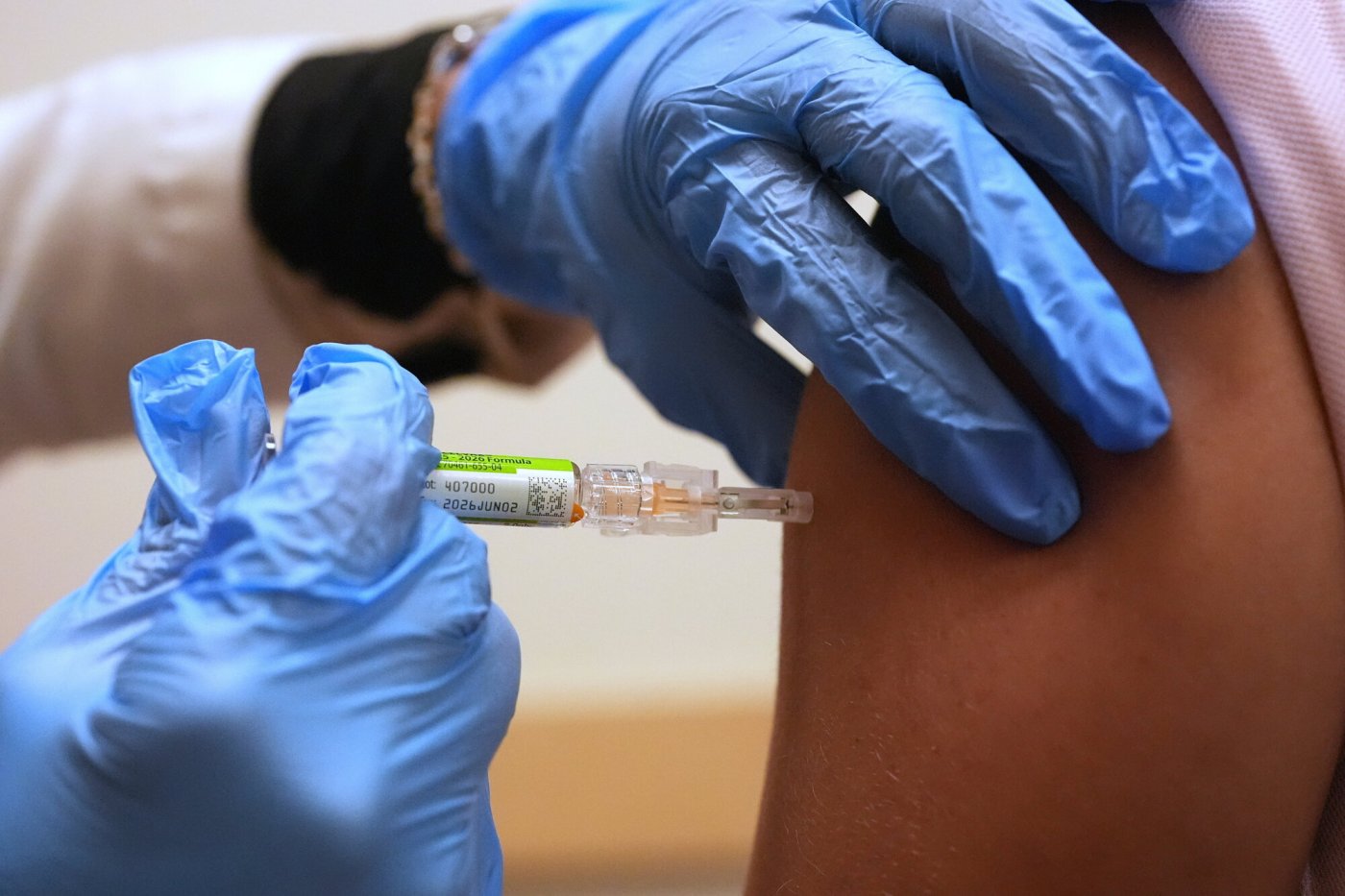Concern is growing over a significant seafood recall affecting a product made in New York and distributed nationwide. The U.S. Food and Drug Administration (FDA) has announced that packages of “Dry Ghoinnya Fish” from New Hoque & Sons Inc. of Maspeth, NY, were found to contain internal organs, a violation that poses serious health risks.
The FDA, along with the New York State Department of Agriculture and Markets, has identified these fish as uneviscerated, meaning that the internal organs had not been removed before processing. This failure to properly process the fish is alarming as it increases the risk of contamination from Clostridium botulinum, a bacterium linked to botulism poisoning.
Recall Details and Health Risks
The affected “Dry Ghoinnya Fish” is packaged in clear plastic containers weighing between 10 to 12 pounds, with an expiration date of May 19, 2025, stamped on the bottom. The product’s UPC code is 908172635412. During routine inspections, officials discovered that the fish had not undergone the necessary processing to remove internal organs, a critical step in ensuring food safety.
According to the FDA, the sale of uneviscerated fish is strictly prohibited under New York State regulations due to the heightened risk of botulism associated with the internal organs. Symptoms of botulism can range from dizziness and blurred vision to more severe issues such as difficulty breathing and muscle weakness. Health officials emphasize the importance of seeking immediate medical attention if these symptoms occur.
As of the latest updates, no illnesses have been reported in connection with this recall. However, the potential danger has prompted swift action from health authorities.
Consumer Guidance and Next Steps
Consumers who have purchased the recalled “Dry Ghoinnya Fish” are strongly urged to return the product to the place of purchase for a full refund. For any inquiries, the company can be reached at (718) 391-0992.
The FDA continues to monitor the situation closely, reminding the public about the importance of food safety practices. This recall serves as a critical reminder for consumers to remain vigilant regarding the products they buy, especially those that have not been processed in accordance with safety regulations.
As the situation develops, further updates are expected from health officials, who stress the need for public awareness regarding the risks associated with improperly processed seafood.







